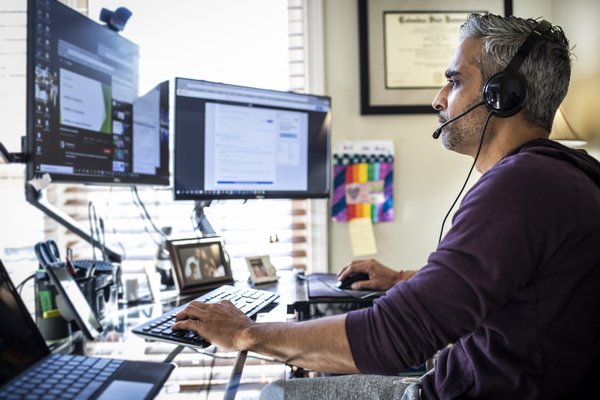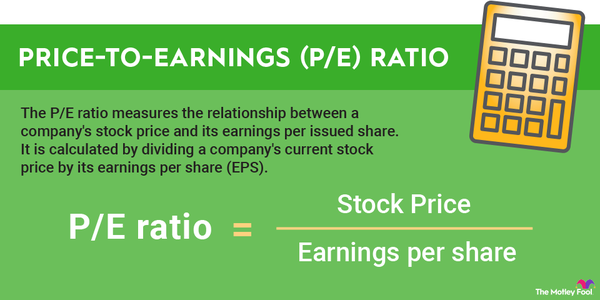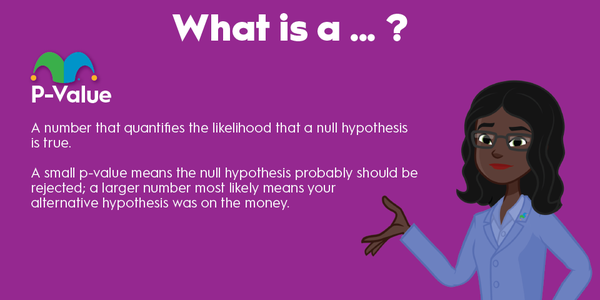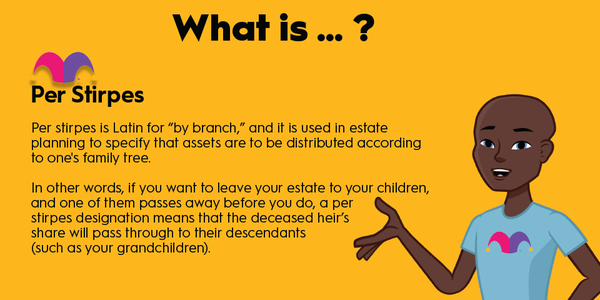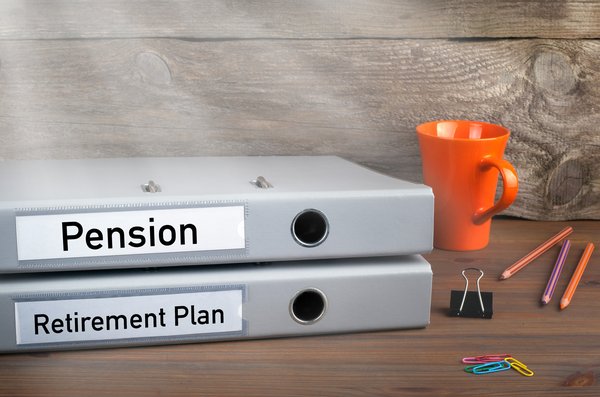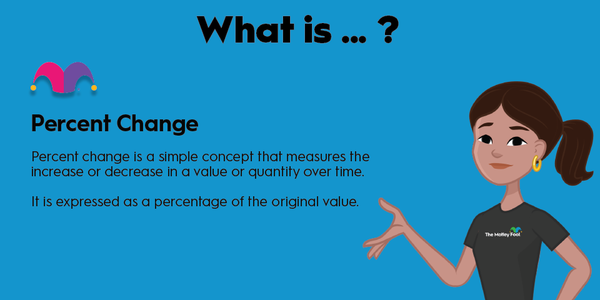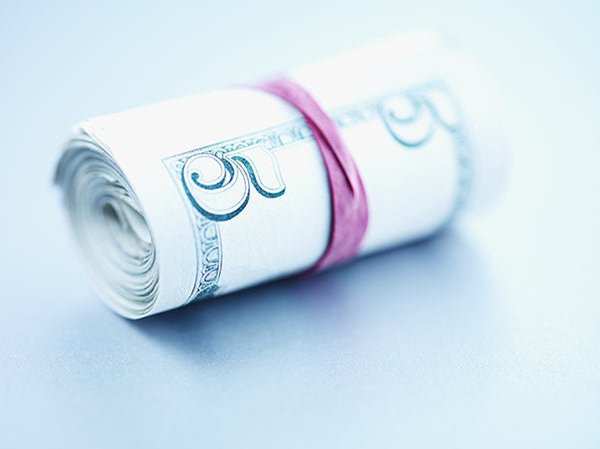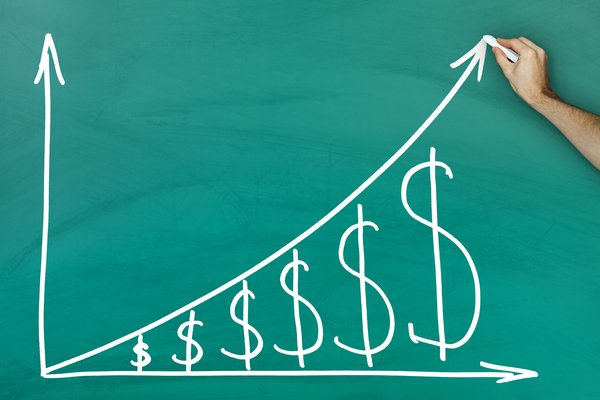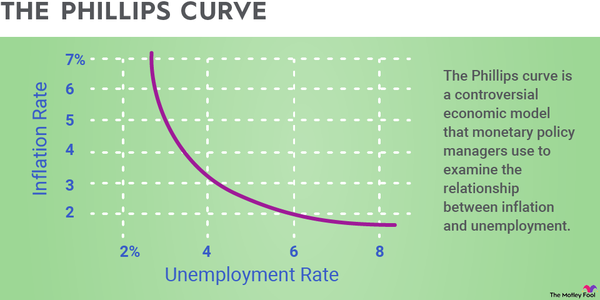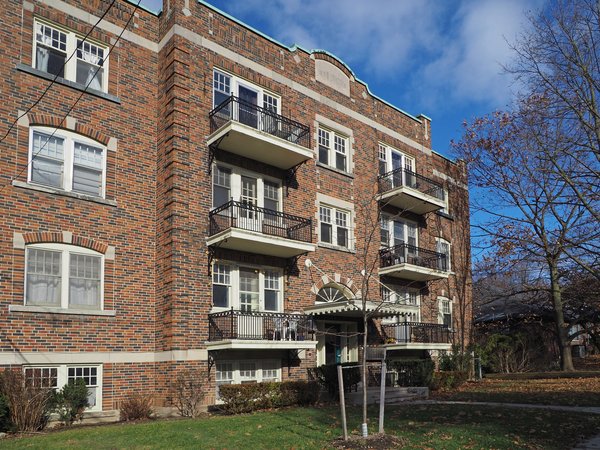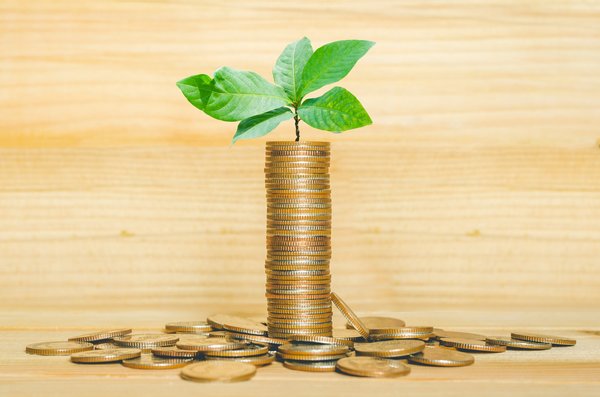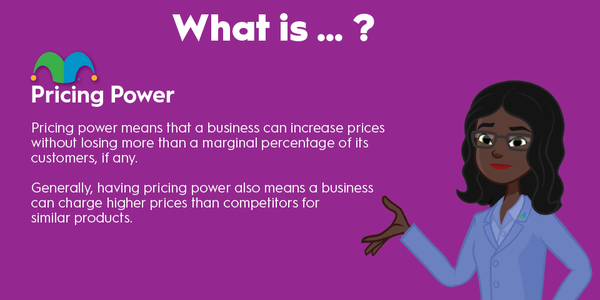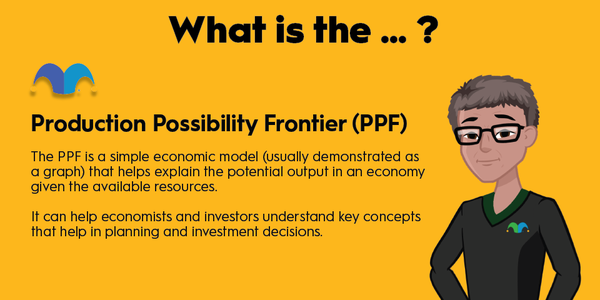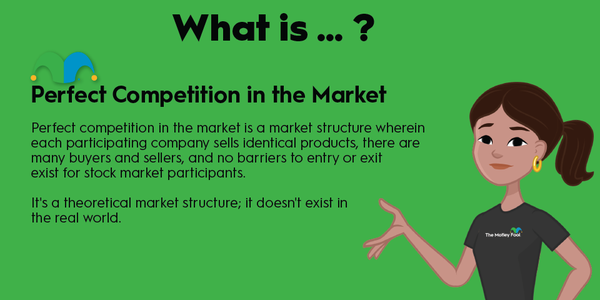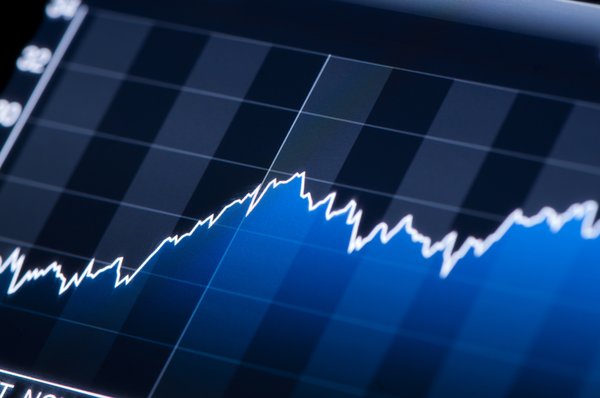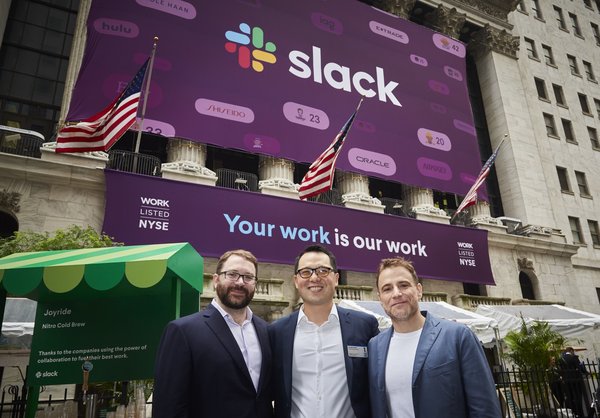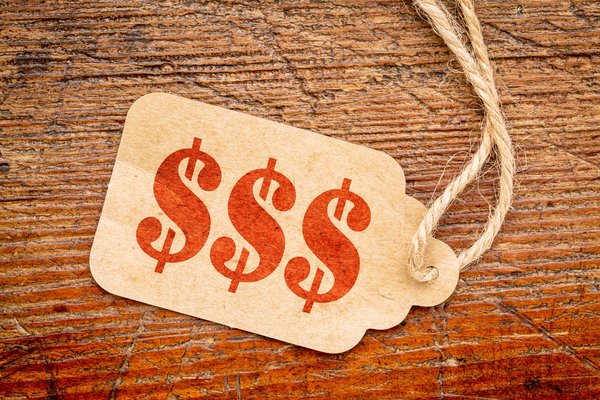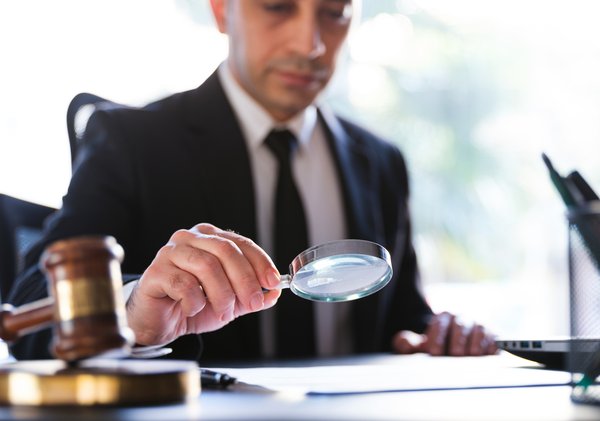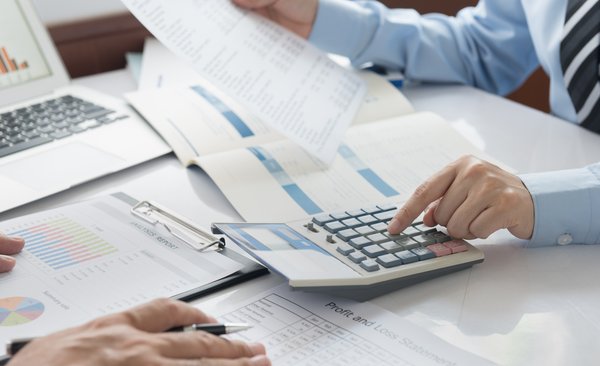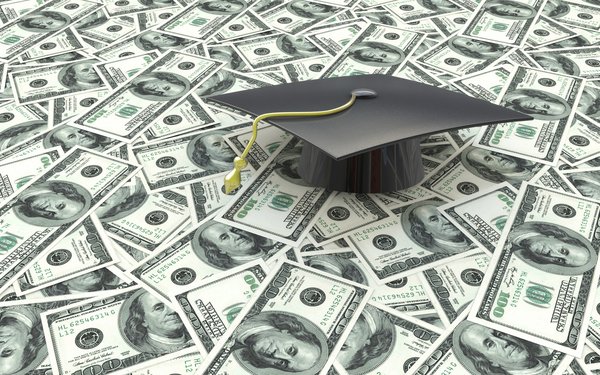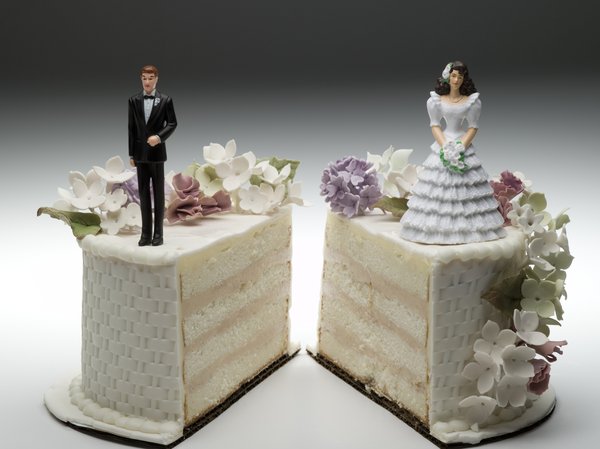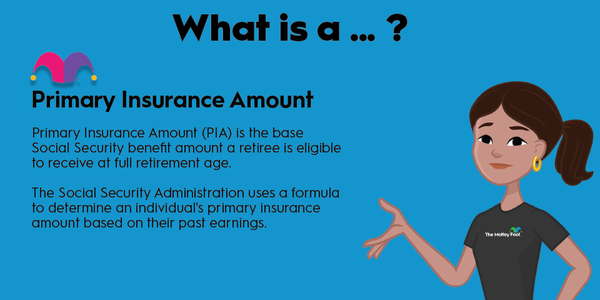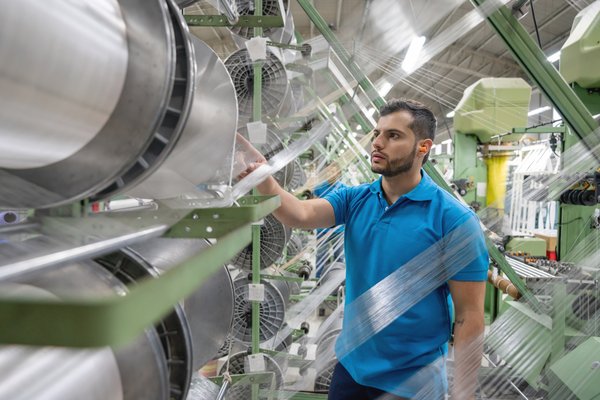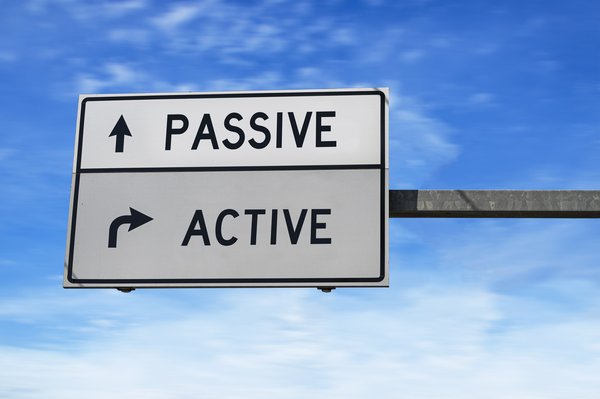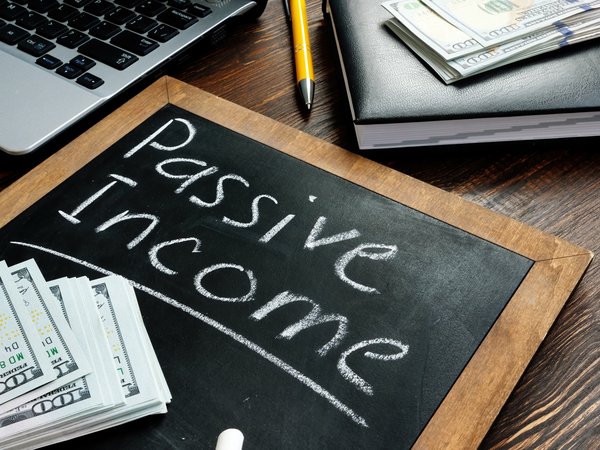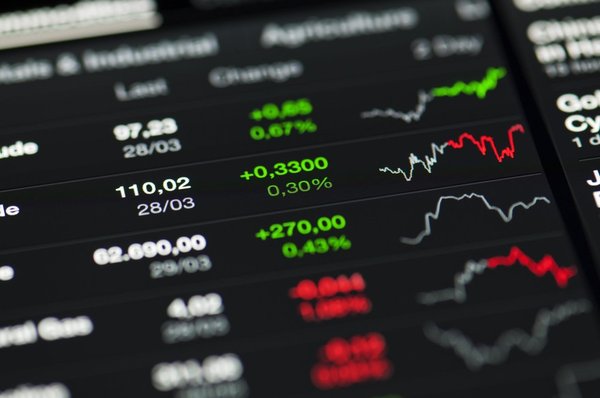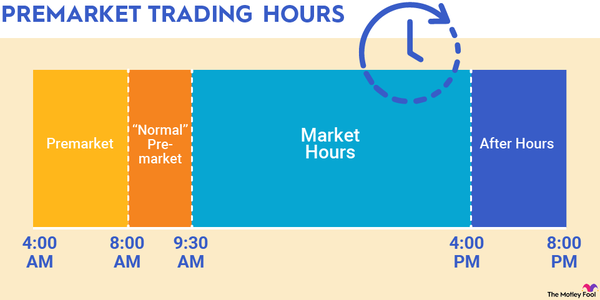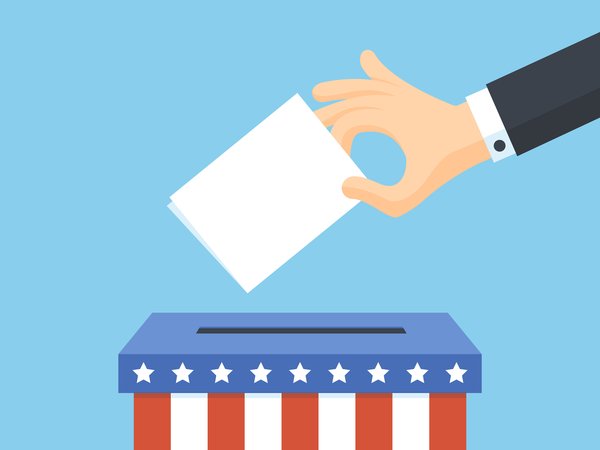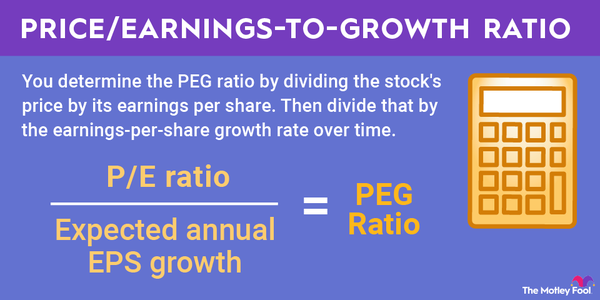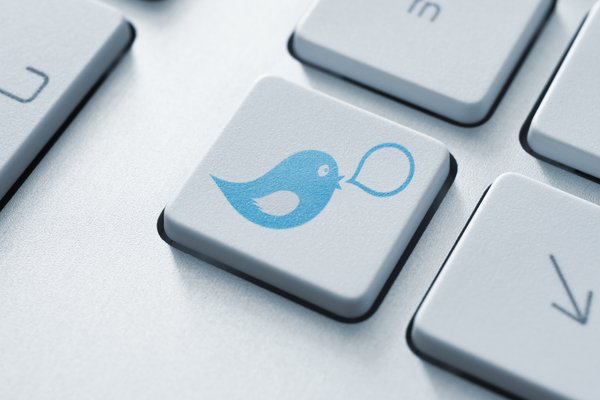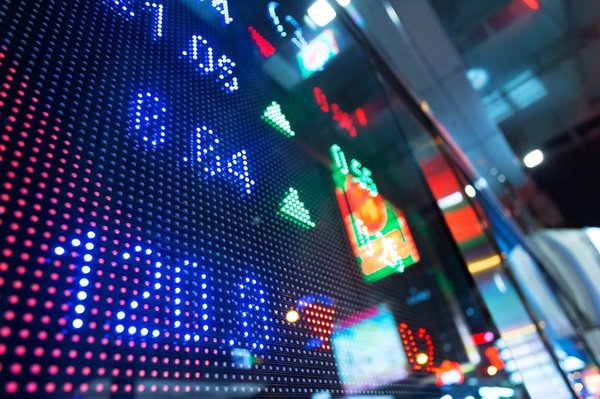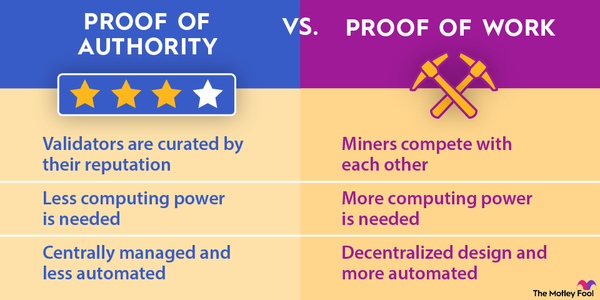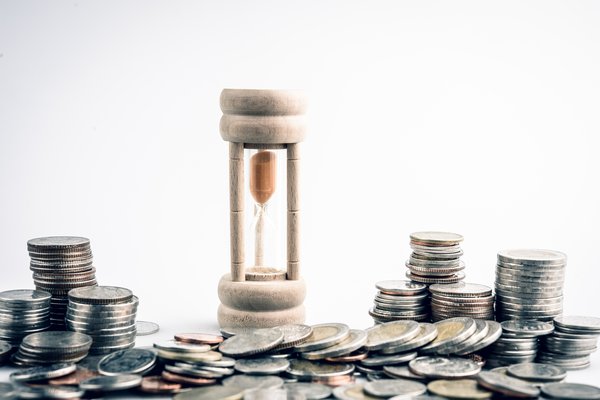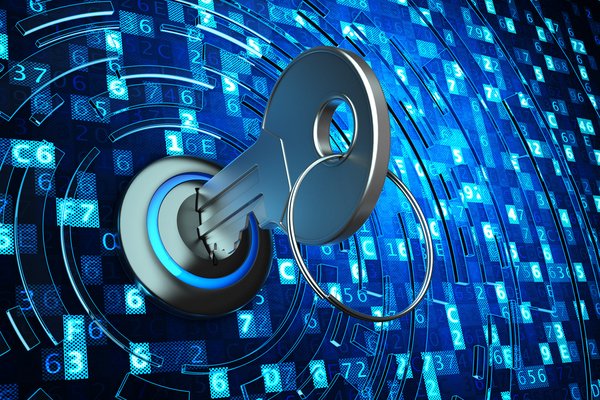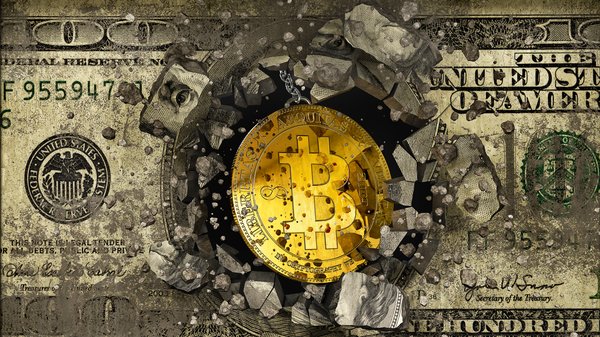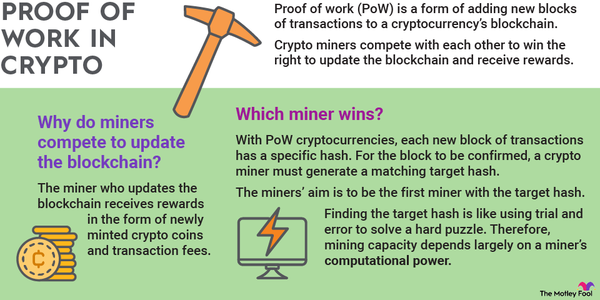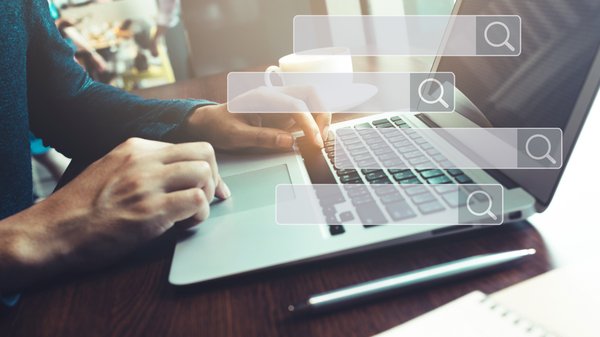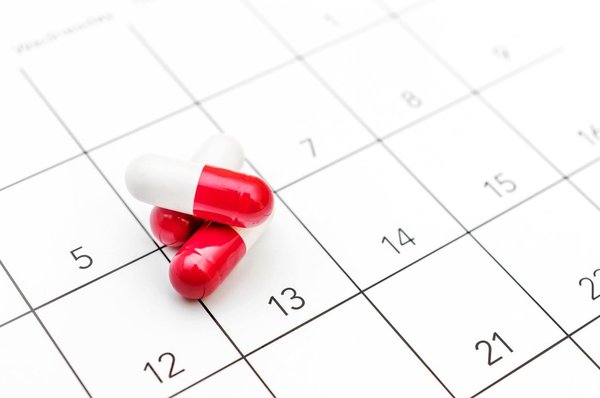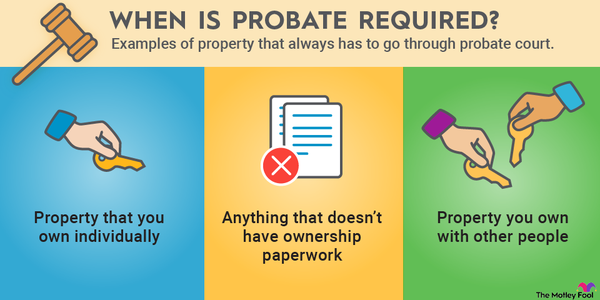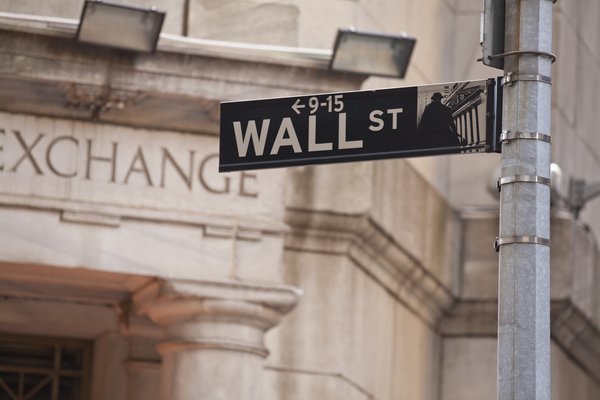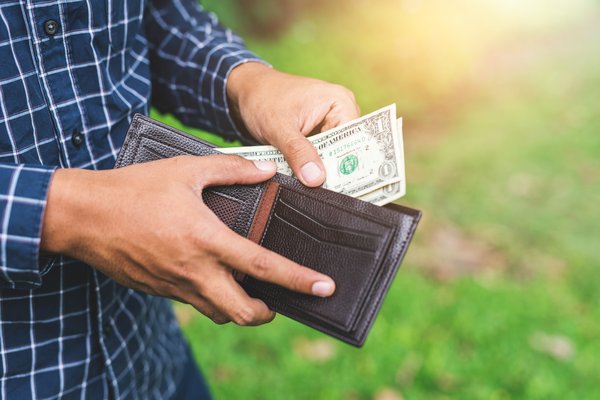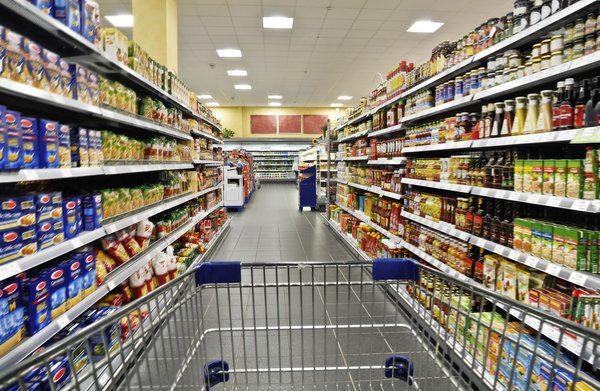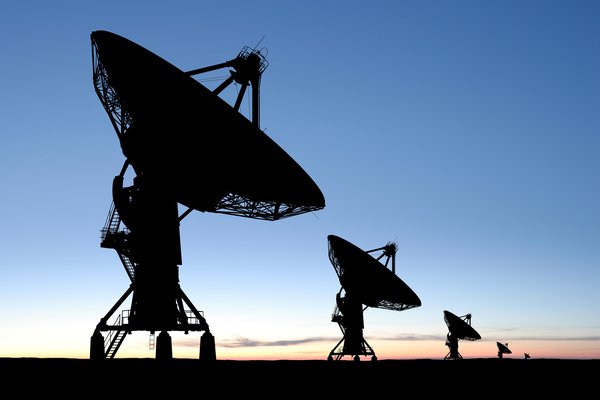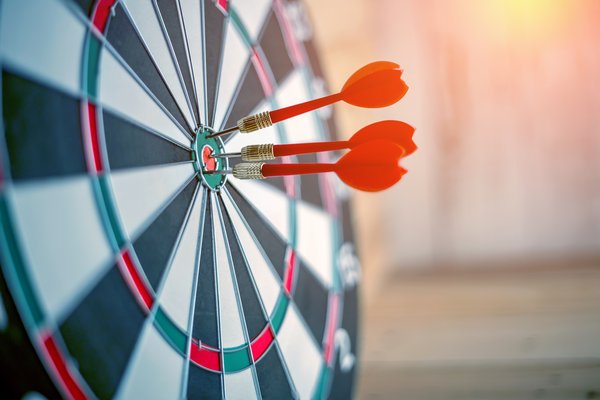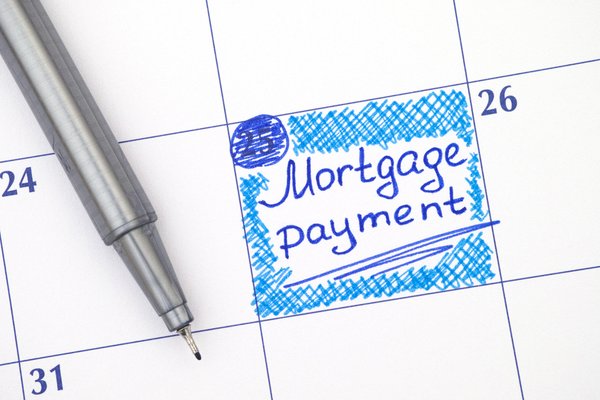Patent protection is necessary for a functioning market economy. Businesses need to have assurance that they will be able to reap benefits from successful invention and innovation and the investments they require.
However, patents eventually expire. They last for 20 years in the U.S. from the date the patent is filed. When that time period ends, businesses face something known as a patent cliff.
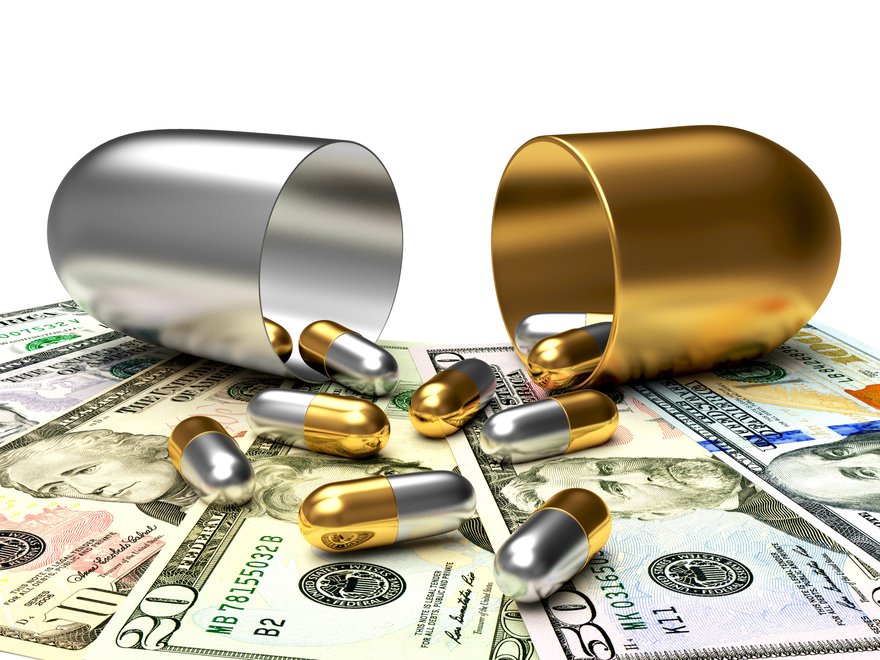
Definition
What is a patent cliff?
A patent cliff is a term given to the end of a profit stream once the patent expires. The concept generally applies to the pharmaceutical industry since drug companies make most of their money from patented products that eventually become generic drugs once the patent expires.
The "cliff" in the patent cliff signifies the revenue or profit falling sharply once the patent expires.
Why it's important
Why the patent cliff is important
In the pharmaceutical industry, a blockbuster drug can make or break a stock, and with some biotech companies, one drug could represent a majority of a company's revenue or profits.
If you're analyzing a stock like this, it's important to be aware of the company's patents, as an approaching patent cliff can make a stock look cheap -- even though it's cheap for a reason since its profits will soon fall sharply.
If you're analyzing a pharmaceutical company, you'll want to take note of patent expirations and the drug pipeline to see if the company is developing any drugs that could help it recoup some of the money lost when it goes over the patent cliff.
Investors may discuss the effects of the patent cliff on specific pharmaceutical companies or on the industry more broadly since it's a perennial source of concern and the reason why drugmakers need to constantly spend on research and development and refresh their product portfolio.
What happens afterward
What happens when a drug goes over the patent cliff
The patent cliff has a wide range of effects on different stakeholders in the pharmaceutical industry.
For the drugmaker, it's clearly a negative. That company is losing a reliable cash flow from the drug it invented. Without exclusivity to produce the drug, the drugmaker can't sell it at a premium.
However, other stakeholders benefit when the drug goes over a patent cliff. Among those are generic drugmakers like Teva Pharmaceuticals (TEVA -2.66%), which are now able to sell the drug at a lower price than it had been when it was exclusive and branded.
Sales of the drug sometimes fall once the drug goes generic because the company that invented it tends to stop promoting it. According to one estimate, a brand-name drug will lose half of its sales within two years of the patent expiration.
However, higher-profile drugs are likely to represent a windfall for generic drugmakers, especially if they were expensive as branded medicines.
Additionally, consumers clearly benefit from drugs going off-patent since they can get the drugs they need at a lower price. According to one report from the National Bureau of Economic Research, prices for physician-administered drugs fell 38% to 48% and 25% for oral drugs. Meanwhile, total revenue actually increased 57% for physician-administered drugs and 46% for oral drugs, showing that sales of the drugs increased substantially due to the lower price in that study.
Related investing topics
Example
What's an example of a patent cliff?
Every year, drug companies face the patent cliff. This year, one of the biggest patent cliffs is Abbvie's (ABBV 0.31%) Humira, its blockbuster anti-inflammatory drug that costs $50,000 a year, making Humira the most profitable drug in pharmaceutical history.
Abbvie had gamed the patent system since 2016 -- when the patent was originally set to expire -- to generate another $114 billion in revenue from Humira. But the patent cliff will cost Abbvie about $20 billion this year, and the company is leaning on newer drugs like Skyrizi and Rinvoq to replace the lost revenue from Humira, a familiar strategy.
Whatever happens with Humira and the patent cliff, the system is unlikely to change, and pharmaceutical and biotech investors will have to continue to take the patent cliff into account.
Whether you're in a bull market or a bear market, the patent cliff is still going to apply, and it's going to affect the pharma industry. Investors in drugmakers will have to do their research to make sure they're not buying just before a big drug goes off-patent.
